Imaginile arată un interviu din 1976 cu Jose Manuel Durao Barroso, acum preşedinte al Comisiei Europene, în care se poate vedeea un pasionat tînăr lider studenţesc Maoist din Portugalia.
Wikipedia spune că Barroso a fost liderul partidului maoist Mişcarea de Reorganizare a Partidului Proletariatului (MRPP), cunoscut mai tîrziu ca Partidul Comunist al Muncitorilor Portughezi/Mişcarea Revoluţionară a Proletariatului Protughez.
Pe wikipedia se mai promeneste de un interviu în care Barroso şi-ar fi motivat intrarea in partidul comunist printr-un argument de genul Iliescu „am vrut sa distrug sistemul din interior” spunînd că a intrat in MRPP pentru a lupta împotriva celeilalte mişcari studenţeşt de atunci (erau doar două), care era controlată de Partidul Comunist. Apoi Barroso a intrat in partidul de centru dreapta(!), Partidul Social Democrat. Centru dreapta, monşer!
BBC ne spune că în tinereţe ar fi îmbrăţişat politica de stînga iar în 1980 intrat în partidul de „centru-dreapta”, Partidul Social Democrat. Iar „centru dreapta”. Sînt socialiştii consideraţi mai nou de centru dreapta? Atunci logic, un tînăr care se consideră de stînga nu poate fi decît comunist? Iar dacă Social Democraţii sînt de centru dreapta, partidele liberale clasice ce vor fi? De extrema dreaptă?
Conform BBC, Barroso a fost implicat în timpul studenţiei în politică radicală după ce profesorul lui preferat a fost bătut în timpul regimului Marcello Caetano, succesorul lui Antonio Salazar.
El s-a deplasat de-a lungul spectrului politic în timpul carierei sale politice de la a fi un militant maoist de extrema stîngă la a ajunge apoi primul-ministru de centru dreapta urmînd ortodoxismul pieţei libere.
Pe situl Uniunii Europene nici nu se pomeneşte de trecutul comunist al lui Barroso. Acolo se spune că acesta şi-ar fi început cariera politică odată cu intrarea în Partidul Social Democrat. Lucru care este pur şi simplu neadevărat.
Îmi pun astfel cîteva întrebări: cîte din părerile lui din tinereţe au rămas neschimbate? Sînt social democraţii de centru dreapta? De ce pe situl UE nu se pomeneşte de trecutul comunist al lui Barroso? Este acest trecut complet irelevant dacă dorim să ne facem o idee despre ce fel de om este Barroso în prezent? Cine este Jose Manuel Durao Barroso?
via Tundra Tabloids
actualizare: TOM GALLAGHER – Onoruri discutabile pentru administratorul blocului european





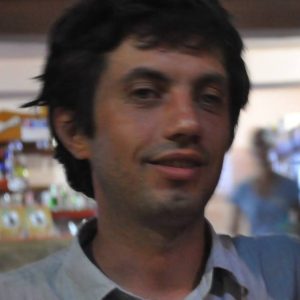
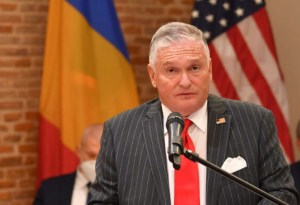
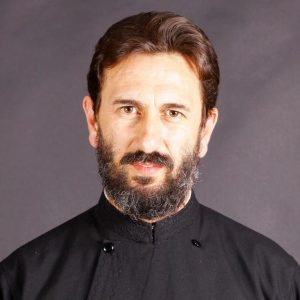
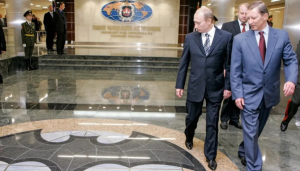

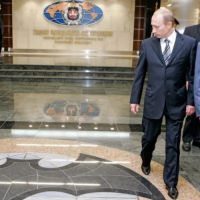
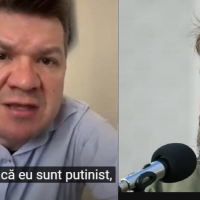

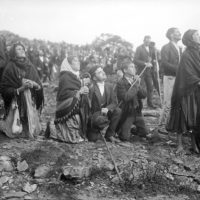
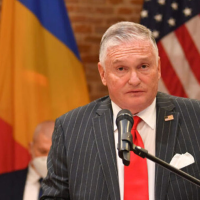
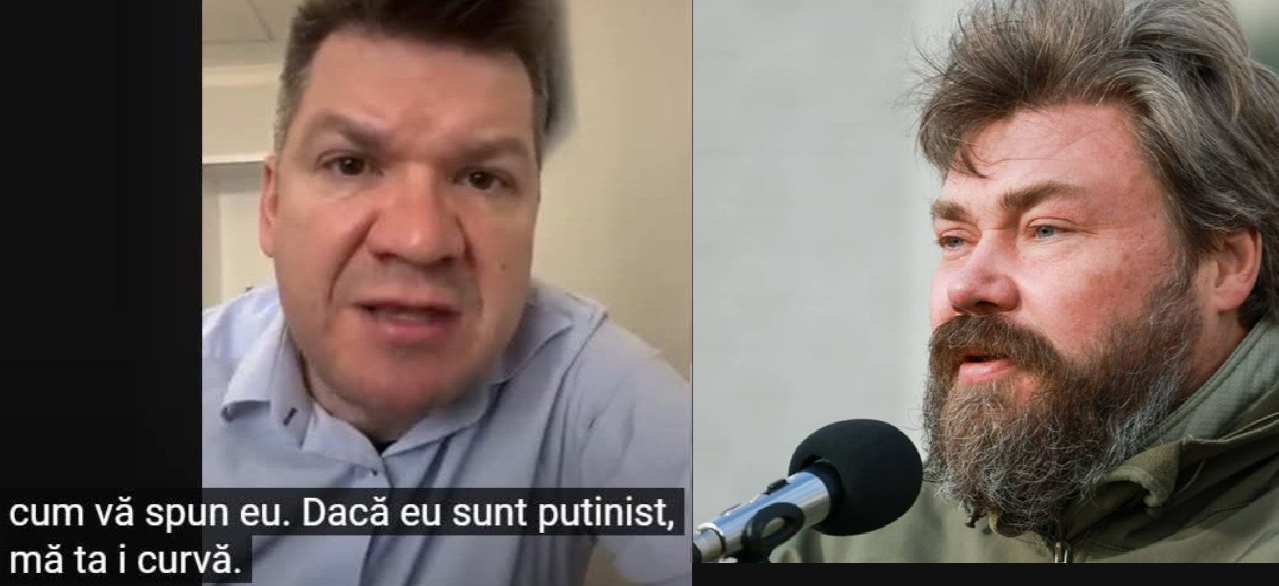
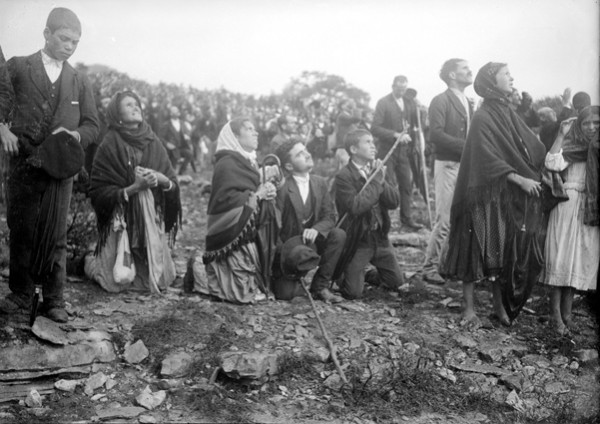


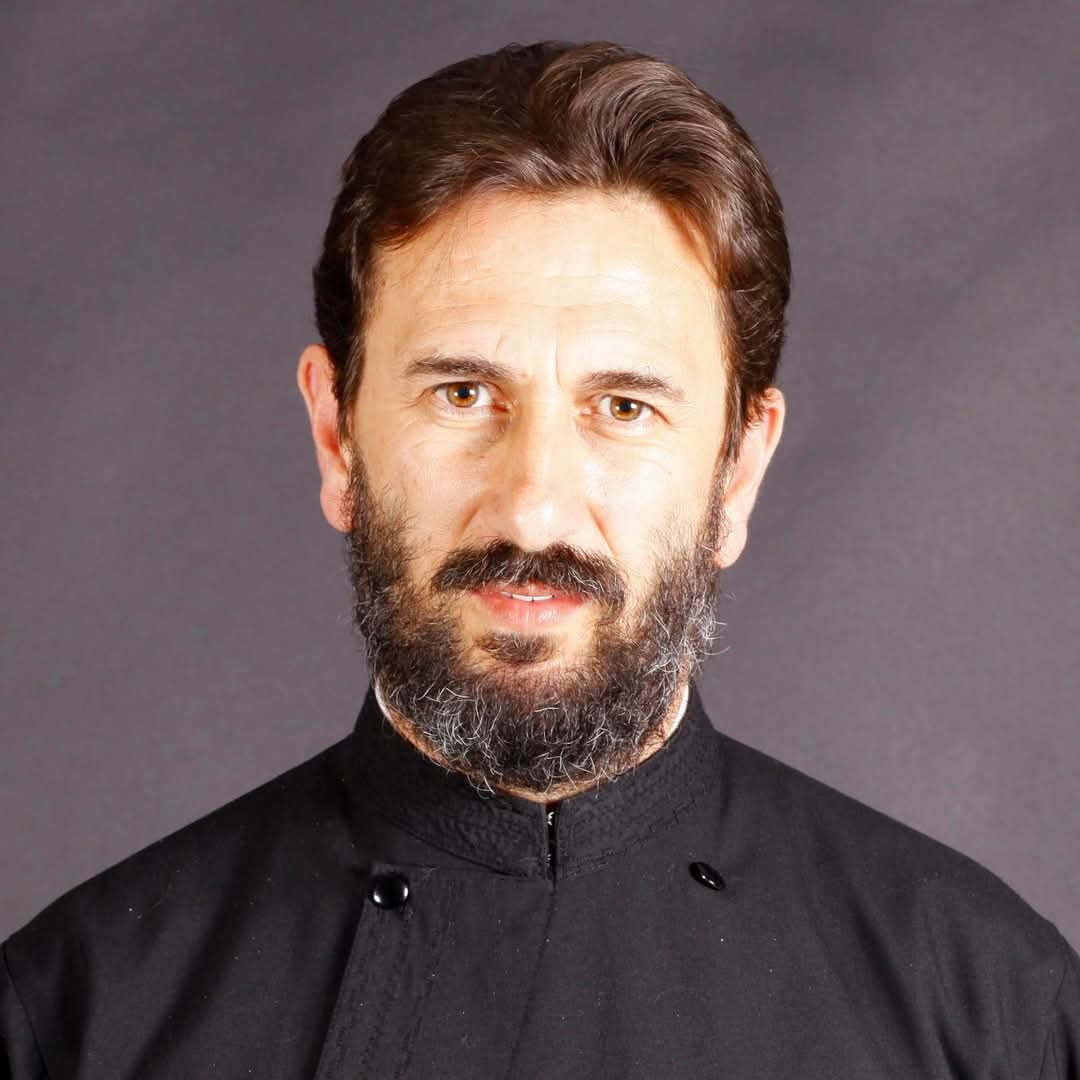


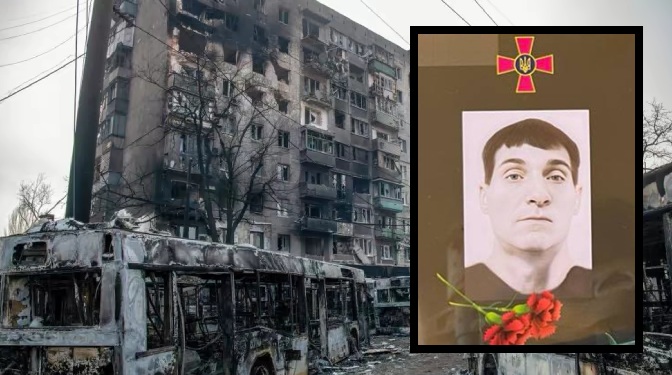
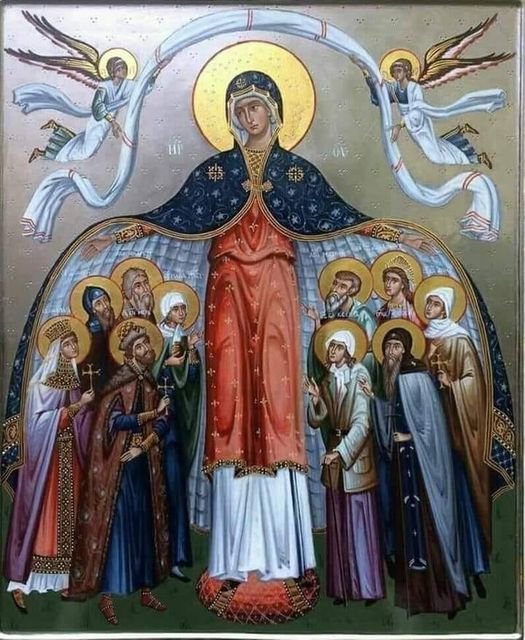
3 Comments
costin
1 June 2009Un articol foarte interesant despre ascensiunea lui Geert Wilders si alegerile Europene:
The Dutch (and EU) Establishment Protects Itself. Wilders Not to Join Group in EP
Despre Parlamentul European:
costin
1 June 2009Reportaj BBC, in still BBC(„Sir, are you a racist?”), despre ascensiunea lui Geert Wilders:
Riddick
1 June 2009A furat mobilierul din biroul decanului, l-a încărcat într-un camion, apoi s-a prezentat cu „prada” la sediul partidului” (era „rivuluţie”). Preşedintele i-a spus să ducă imediat înapoi lucrurile de furat:
One of the more memorable episodes of Barroso’s period of Maoist MRPP activism was his theft of several items of furniture from the dean’s office of the Lisbon University Faculty of Law. The several items of furniture, including chairs and a desk, were transported by Barroso in a truck from Lisbon University to MRPP headquarters where the party’s then leader, Arnaldo Matos, ordered Barroso to return the stolen property immediately. In December 1980, Barroso joined the right-of-centre PPD (Democratic Popular Party, later PPD/PSD-Social Democratic Party), where he remains to the present day. http://en.wikiactu.com/?page_id=505